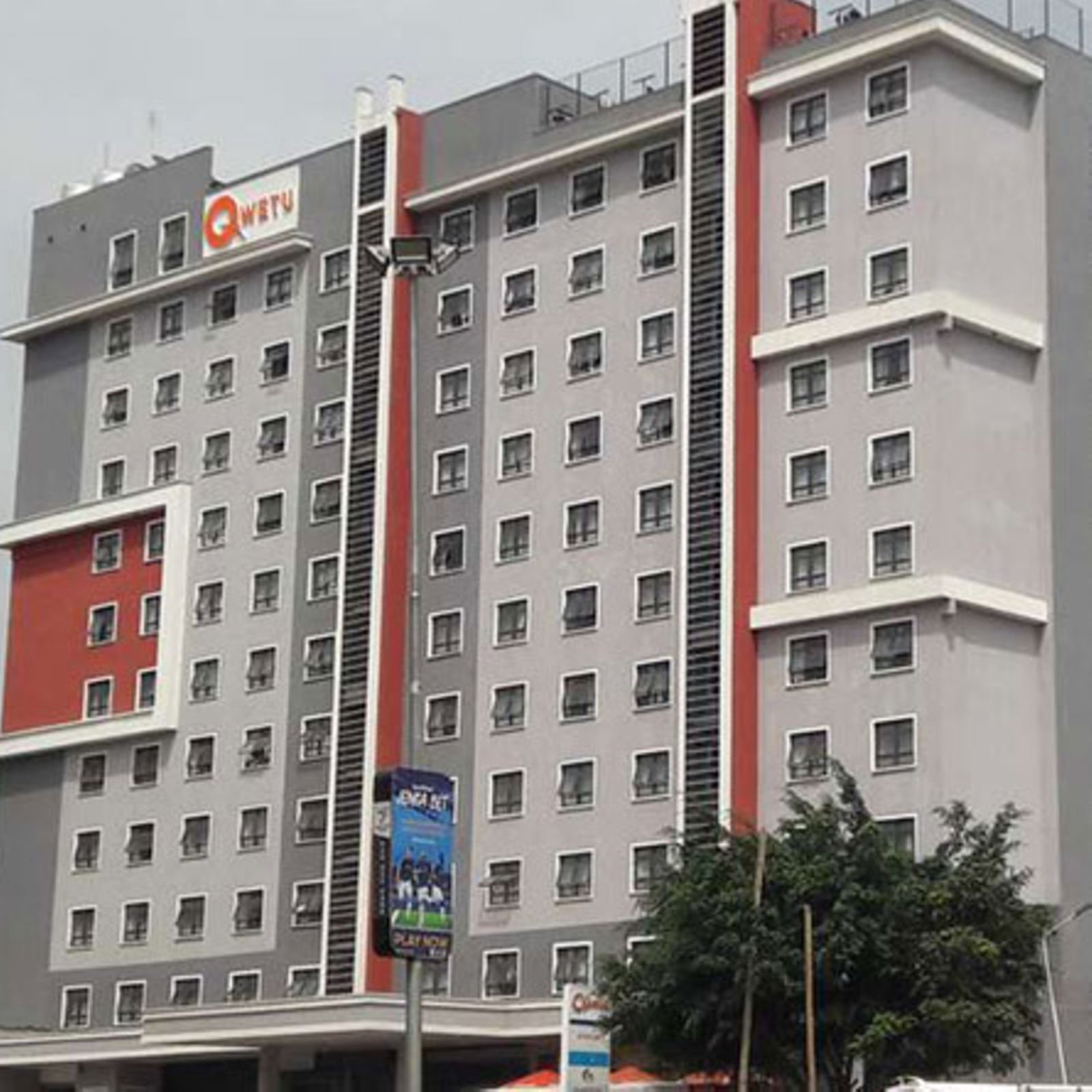- Green Student Housing in Kenya has not received much traction in the past few years.
- Stanbic Bank Kenya and South Sudan Chief Executive Dr Joshua Oigara said that the facility is at an advanced stage.
- The lender has so far mobilised about $122 million for green or sustainability-linked facilities
Stanbic Bank and MiDA Advisors will be partnering with real estate developer Acorn Holdings, to mobilise $700 million in long-term blended finance commitments for green student housing in Kenya that are affordable.
If successful the blended finance deal would mark one of the largest impact investment transactions in Kenya, with long-term impact on job creation, sustainable housing, and education.
Upon approval, the transaction will comprise a $180 million commitment from the United States Development Finance Corporation (DFC) that will secure over $380 million in equivalent Kenyan shilling financing arranged jointly by Stanbic Bank Kenya and MiDA Advisors, and $315 million in equivalent KES financing from Kenyan capital markets, for a total blended financing of $700 million over an 18-year timeframe.
Stanbic Bank Kenya and South Sudan Chief Executive Dr Joshua Oigara said that the facility is at an advanced stage.
“As a Bank, we pride ourselves on being a catalyst for growth in the region, with sustainable finance as an enabler. We are in the final stages of the structuring process and remain committed to the growth of Acorn Holdings and the country’s sustainable infrastructure goals.’’
Green Student Housing in Kenya
Stanbic Bank Kenya’s Head, Corporate and Investment Banking Alakh Kohli, said that in the past years, the lender has mobilised about $122 million for green or sustainability-linked facilities and remains keen on unlocking more green finance opportunities in Kenya.
![Stanbic, MiDA and Acorn Secure $700 M for Green Student Housing in Kenya 1 Green student housing in Kenya.[ Photo/skyscrapercity.com]](https://theexchange.africa/wp-content/uploads/2024/05/1595641106111.webp)
Read Also: Why the planning of new cities must embrace a visionary approach to succeed
“This partnership would not only advance our growth journey with Acorn but would help us drive more societal impact. We are excited to be lead arranger in one of the largest transactions in affordable green housing in the region and will leverage our investment capabilities to drive a successful transaction upon approval,’’ said Kohli.
The collaboration will result in the construction of 35 certified green housing projects, creating approximately 48,000 new student beds over the next 10 years, making it the single largest investment in student housing in Africa.
This project will be key to alleviating the shortage of quality and affordable accommodation for tertiary students in Kenya. The initiative will create an estimated 15,000 direct jobs and 35,000 indirect jobs. The units will also provide a conducive learning environment for the students, helping to improve access to education.
This is not Stanbic Bank’s first collaboration with Acorn Holdings. The Bank was instrumental in bringing the first-ever green bond to East Africa, in association with Acorn Holdings, for environmentally friendly student housing in Nairobi.
Standard Bank also facilitated the largest purchase of Acorn Holdings’ Income and Development Real Estate Investment Trusts (REITs) through the Unquoted Securities Platform.
Student Accommodation Landscape
Kenya is witnessing a significant boom in student accommodation developments, driven by increasing university enrollment and a growing demand for quality living spaces. Major cities like Nairobi, Eldoret, and Kisumu are at the forefront of this transformation, with several new projects underway.

Leading the charge is Acorn Holdings, which recently launched its latest development, Qwetu Aberdare Heights, in Nairobi. The facility promises modern amenities, including high-speed internet, study areas, and fitness centers, catering to the needs of today’s students. This project is part of Acorn’s broader strategy to address the acute shortage of student housing, a challenge highlighted by the rapid expansion of higher education institutions.
Read Also: Addis Ababa’s corporate accommodation offers exquisite living
Government initiatives are also playing a crucial role. The Ministry of Education, in collaboration with private investors, has introduced incentives to encourage the construction of affordable student housing. This includes tax breaks and streamlined approval processes for developers.
As the sector grows, concerns about affordability and accessibility remain. Students from low-income backgrounds often struggle to secure accommodation, prompting calls for more inclusive policies. Nonetheless, the surge in developments is a positive step towards improving the living standards for Kenya’s burgeoning student population, fostering an environment conducive to academic success.
This trend reflects a broader commitment to enhancing education infrastructure, essential for Kenya’s socio-economic development in the years to come.










